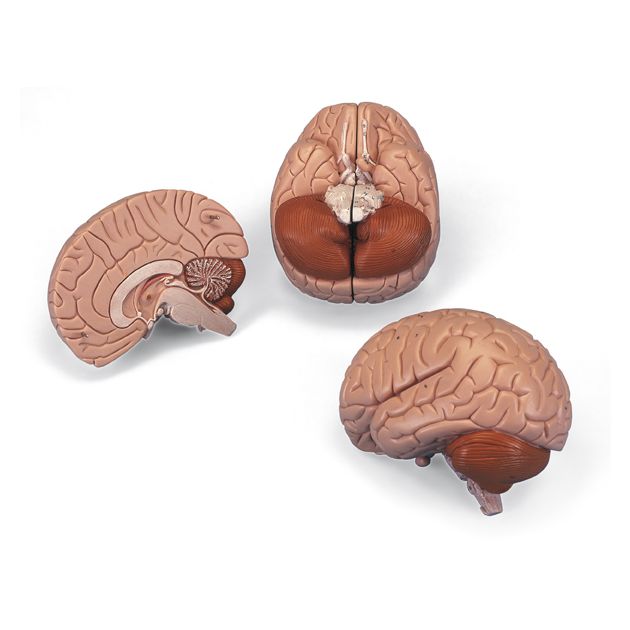Understanding Brain Fog and Dizziness: Causes and Solutions
Brain fog and dizziness can significantly impact daily life. These symptoms often lead to confusion and a lack of focus. Many people experience moments of disorientation, which can be unsettling. Understanding these conditions is crucial for addressing and managing them effectively. Exploring the underlying causes offers insight into how to alleviate these frustrating experiences.
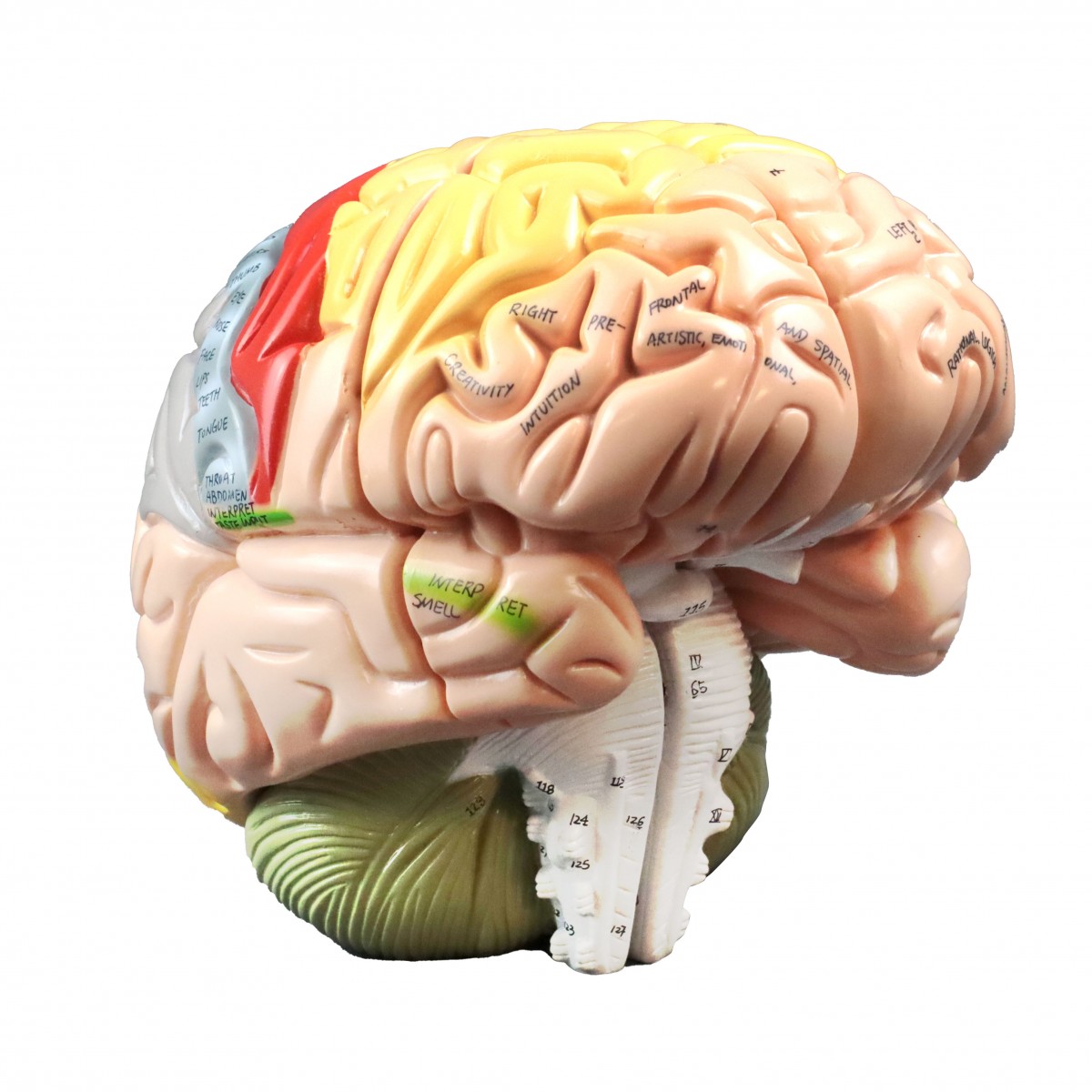
What is Brain Fog?
Brain fog is not an official medical term. However, many individuals describe it as a feeling of mental cloudiness. Symptoms commonly include forgetfulness, lack of focus, and poor concentration. This mental fatigue can arise from several factors, including stress, lack of sleep, and poor diet. Oftentimes, people experiencing brain fog feel as though they are moving in slow motion.
Several lifestyle choices contribute to brain fog. Chronic stress is notorious for impairing cognitive function. Moreover, insufficient sleep disrupts the body’s natural rhythms, leading to cognitive impairment. Additionally, nutrition plays a significant role in brain health. Diets lacking essential nutrients can lead to brain fog symptoms over time.
Mental health also influences brain fog. Conditions such as anxiety and depression can exacerbate feelings of confusion. Engaging with a mental health professional may help in managing these emotional challenges. Furthermore, practicing mindfulness techniques can improve focus and clarity. Regular mental exercises, such as puzzles or memory games, stimulate cognitive functions.
Exploring Dizziness and Its Causes
Dizziness is a broad term that encompasses feelings of lightheadedness, balance issues, and vertigo. Many factors can cause dizziness, making it vital to address symptoms as they arise. Common causes include inner ear problems, dehydration, and low blood sugar. Identifying the root cause can aid in creating an appropriate treatment plan.
Inner ear disorders, like Meniere’s disease, often lead to episodes of dizziness. These conditions disrupt the body’s balance mechanisms. On the other hand, dehydration reduces blood volume and leads to lightheadedness. Ensuring proper hydration is essential for maintaining stable blood pressure and overall wellbeing.
Low blood sugar, or hypoglycemia, can also result in dizziness. When blood sugar dips too low, the body reacts with feelings of faintness. Regularly consuming balanced meals can help prevent this condition. Additionally, conditions like anemia can lead to inadequate oxygen levels, resulting in dizziness. A healthcare professional can provide necessary tests to diagnose any underlying issues.
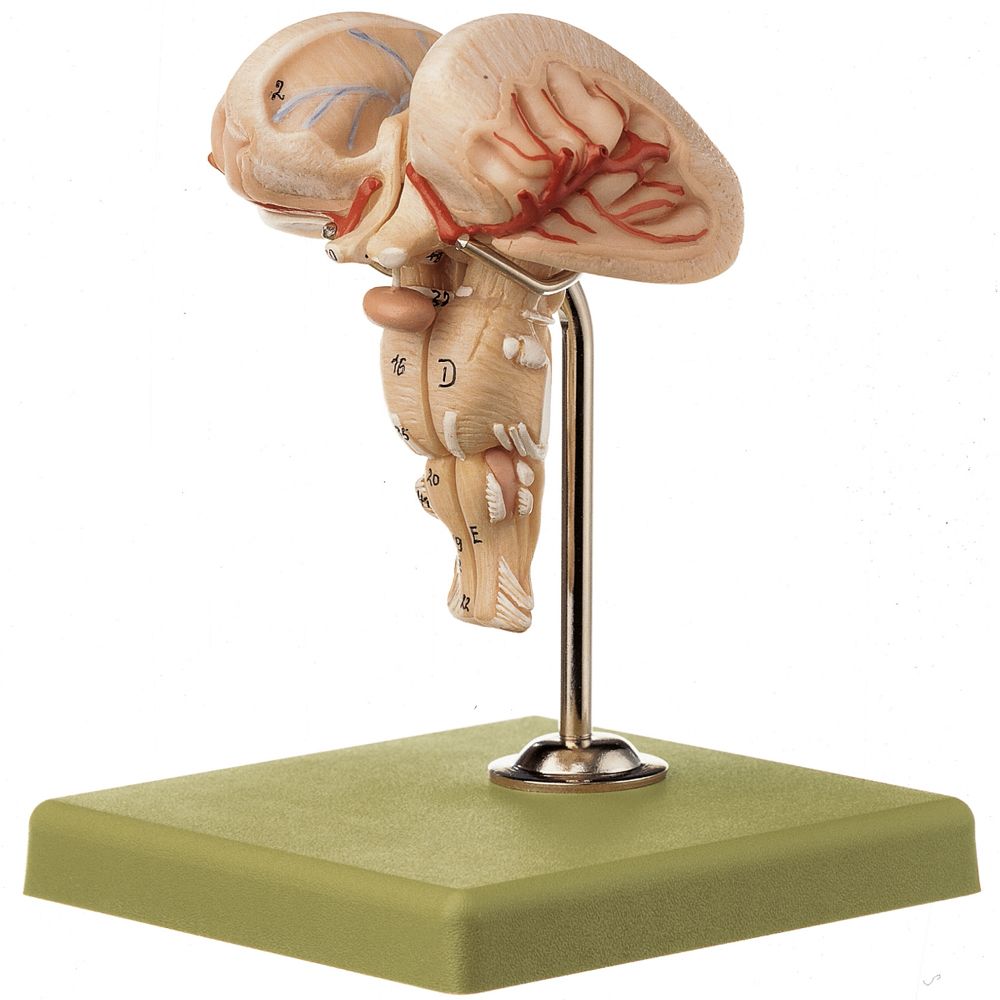
The Connection Between Brain Fog and Dizziness
Understanding the relationship between brain fog and dizziness is essential. Often, these symptoms coexist and exacerbate each other. When one experiences brain fog, sensations of dizziness may follow, creating a cycle of discomfort. This cycle can lead to anxiety and distress, further complicating the situation.
For instance, cognitive overload can increase feelings of disorientation. A person facing extreme stress may feel dizzy while struggling to concentrate. Similarly, dizziness can impair cognitive function, causing feelings of confusion. Recognizing this connection can encourage individuals to seek help sooner rather than later.
Certain health conditions may link both symptoms, amplifying their effects. For example, migraines sometimes come with both brain fog and dizziness. Individuals suffering from migraines typically describe these experiences as debilitating. Additionally, pharmaceutical side effects can contribute to both conditions. An honest discussion with a healthcare provider can illuminate potential treatment options.
Lifestyle Changes to Combat Symptoms
Making lifestyle changes can significantly reduce the effects of brain fog and dizziness. Improving sleep quality stands out as one effective approach. Consistently benefiting from restorative sleep promotes cognitive function and overall health. Establishing a regular sleep schedule can foster deeper, more restful sleep patterns.
Additionally, adopting a balanced diet contributes to brain health. Nutrient-rich foods, such as leafy greens, healthy fats, and lean proteins, nourish the brain. Regular exercise also enhances blood flow and releases endorphins, improving mood and cognitive function. Simple activities, like walking or yoga, can create significant positive changes over time.
Moreover, managing stress through relaxation techniques can alleviate multiple symptoms. Practices such as deep breathing, meditation, and progressive muscle relaxation offer effective stress relief. These techniques promote mindfulness, helping individuals stay more present and focused. Incorporating these strategies into daily life can lead to lasting improvements.
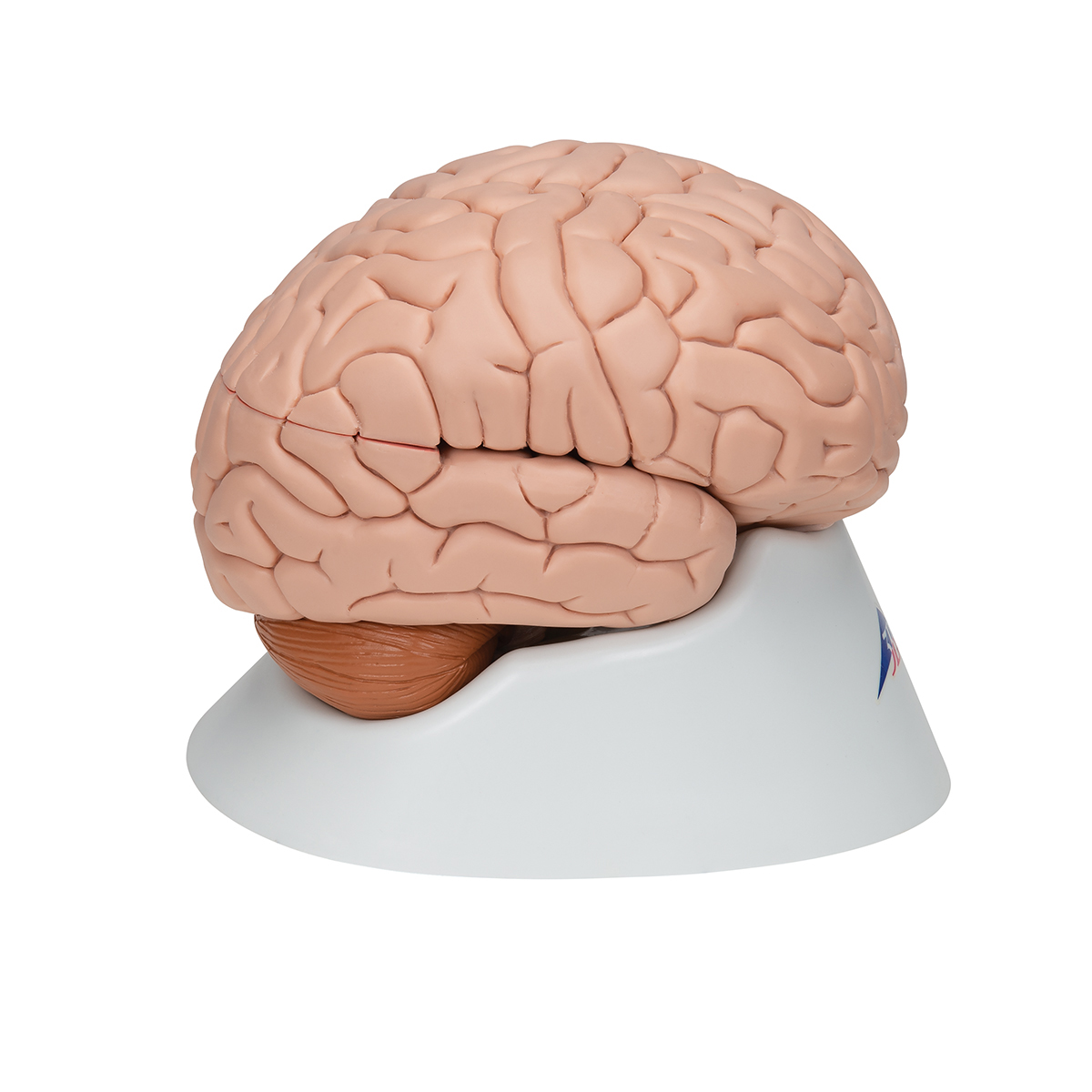
Seeking Professional Help
While lifestyle changes are essential, sometimes professional help is necessary. Consulting a healthcare provider can provide personalized insights into symptoms. A thorough evaluation can uncover any underlying health conditions contributing to brain fog and dizziness. Subsequently, this may lead to effective treatment plans tailored to individual needs.
Additionally, specialists such as neurologists or psychologists may offer valuable guidance. These experts have the knowledge to diagnose and manage complex cases. Furthermore, individuals should not hesitate to discuss their symptoms openly. Effective communication can promote better understanding and lead to improved health outcomes.
Participating in support groups can also provide encouragement. Connecting with others facing similar challenges can foster a sense of belonging. These networks can offer strategies for coping and thriving despite difficulties. Sharing experiences often lightens emotional burdens and enhances overall well-being.
Home Remedies and Natural Solutions
Home remedies present a variety of natural solutions for easing brain fog and dizziness. For instance, staying hydrated is crucial for both cognitive function and overall health. Drinking adequate amounts of water guarantees proper circulation and nourishment for the brain. Herbal teas, such as peppermint or ginger, can naturally stimulate the senses.
Another valuable remedy involves incorporating brain-boosting foods into the diet. Fatty fish, rich in omega-3 fatty acids, supports cognitive function and heart health. Additionally, nuts and seeds provide essential vitamins and minerals conducive to brain activity. Whole grains can also help maintain stable blood sugar levels throughout the day, preventing dizziness and brain fog.
Practicing physical activity regularly can produce endorphins, enhancing mood and cognitive clarity. Choosing enjoyable workouts ensures greater consistency and success. Activities like dancing, swimming, or cycling contribute to improved circulation and brain health. This approach facilitates a holistic way to combat symptoms without relying solely on medications.
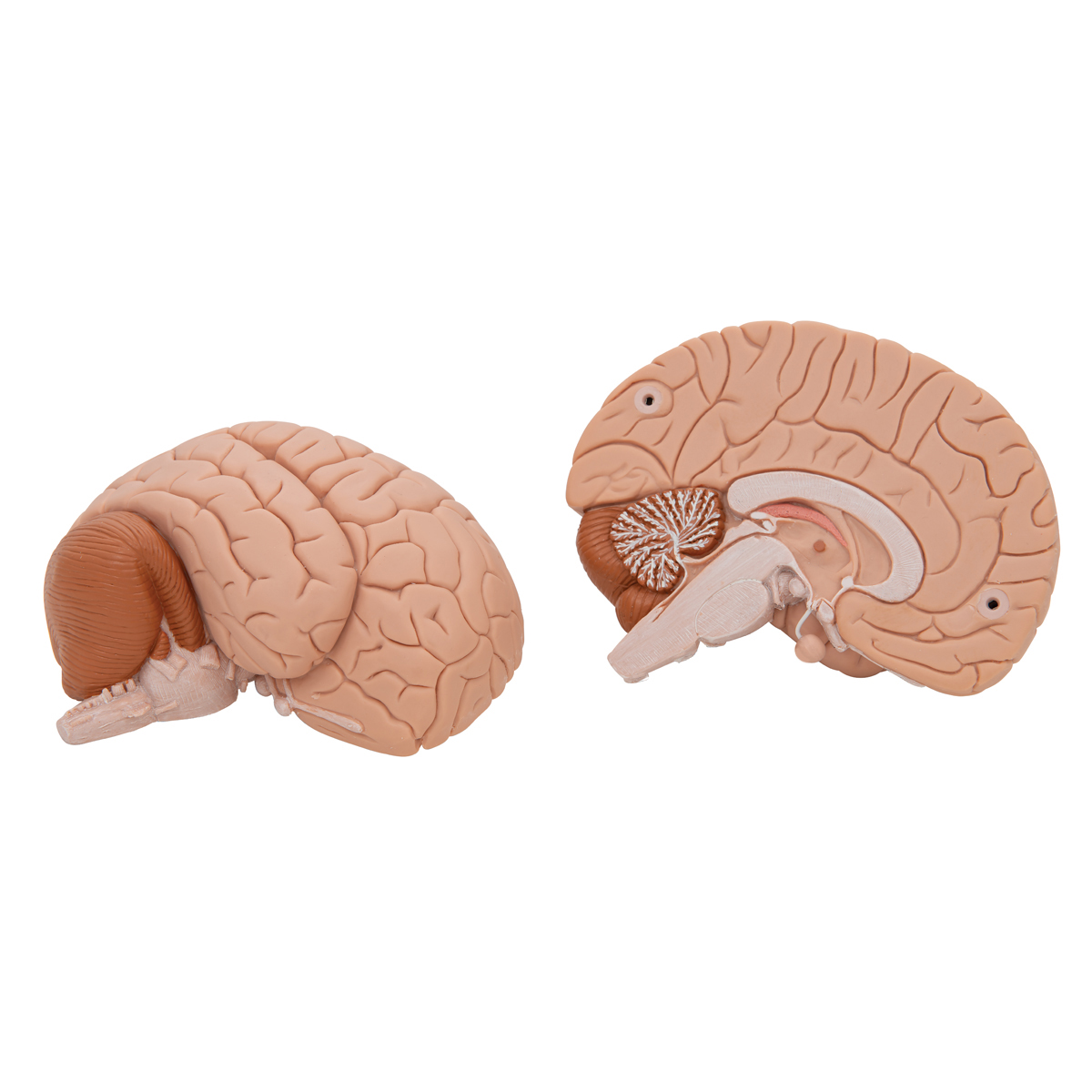
Long-Term Management and Prevention Strategies
Implementing long-term management and prevention strategies promotes sustained improvement in health. Regularly evaluating lifestyle choices encourages awareness and accountability. Creating a balanced routine introduces consistency into daily life, reducing stress and confusion. Setting realistic goals can help individuals focus on gradual yet effective changes.
In addition, maintaining a journal can offer insights into patterns and triggers associated with symptoms. Documenting daily experiences provides valuable information for healthcare providers. This documentation can help identify specific situations exacerbating brain fog and dizziness. Learning to recognize these triggers enables individuals to address them proactively.
Moreover, engaging in regular health check-ups can assist in early detection of potential issues. Keeping a schedule for consistent appointments encourages preventive care. This care can include blood tests to monitor vitamin levels or other specific health concerns. Regular conversations with healthcare providers can foster a supportive environment for personal growth and healing.
Diet plays a salient role in preventing dizziness. Consuming small, nutritious meals throughout the day stabilizes blood sugar levels. Low blood sugar can lead to dizziness and fainting spells. Moreover, avoiding excessive caffeine or alcohol is wise. These substances can contribute to dehydration and instability.
Managing Brain Fog and Dizziness
Addressing brain fog and dizziness requires a comprehensive approach. A multi-faceted strategy often yields the best results. Initially, identifying and addressing underlying causes is essential. Seeking medical advice can provide valuable insights into effective treatments.
Lifestyle modifications are crucial for managing both conditions. Prioritizing hydration boosts cognitive clarity and physical balance. Including more fluids in daily routines supports overall health and function. Making simple changes can significantly impact well-being.
Cognitive exercises can improve mental clarity, combating brain fog. Engaging in puzzles and memory games stimulates brain activity. Mental challenges enhance focus and cognitive processing speed. Furthermore, social interactions can foster mental engagement and reduce isolation.
Regular check-ups with healthcare providers can inform treatment plans. Discussing symptoms and concerns can lead to personalized recommendations. Adjusting medications, if necessary, can alleviate cognitive challenges. Ultimately, empowerment through knowledge leads to better management of these symptoms
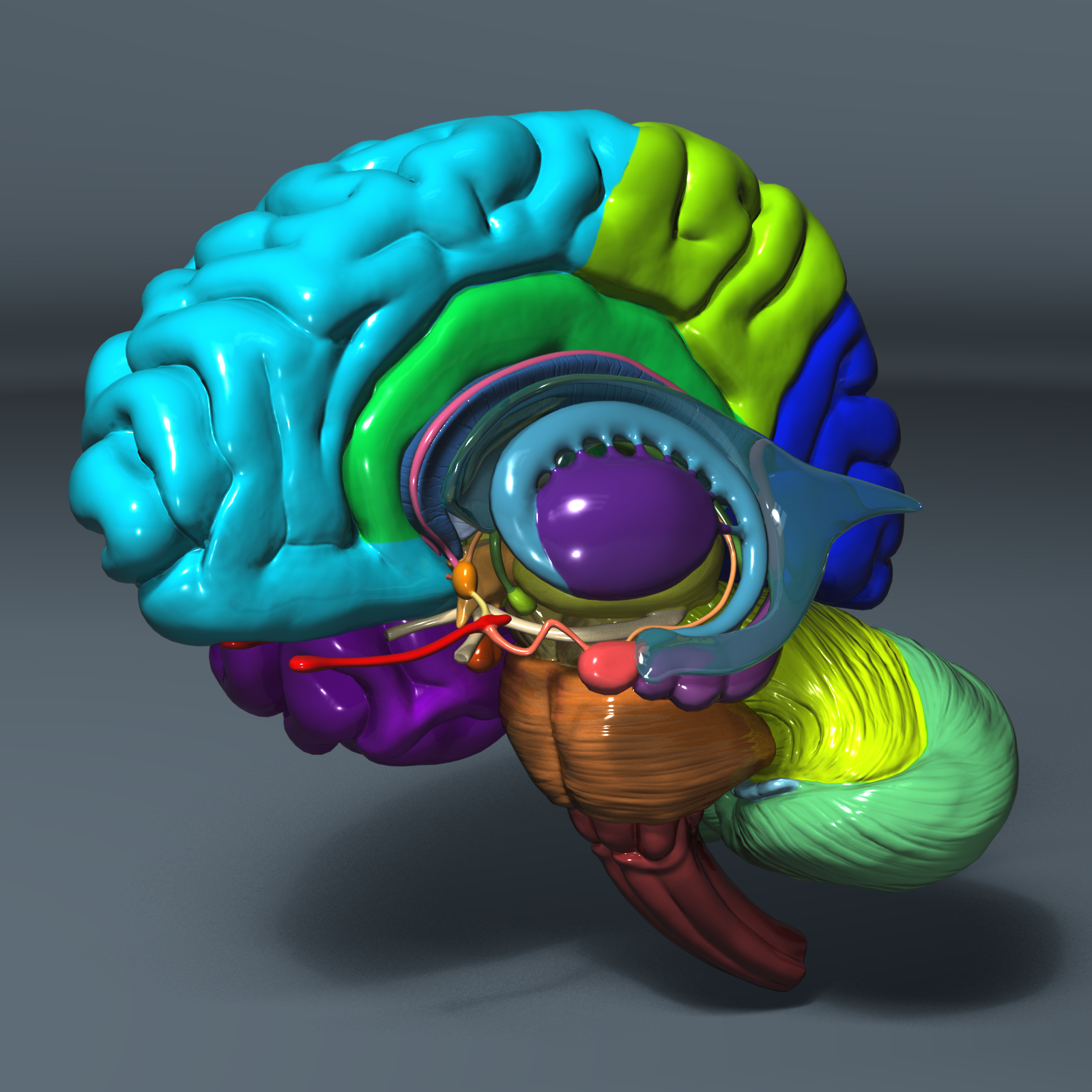
Conclusion
Navigating the complexities of brain fog and dizziness requires understanding and proactive management. These symptoms often intertwine, complicating daily life. However, recognizing their presence encourages individuals to make pertinent lifestyle and health choices. Effective strategies, from dietary modifications to professional consultations, can lead to substantial improvements.
Promoting awareness and communication surrounding these symptoms is fundamental. Sharing knowledge creates a supportive community for individuals seeking assistance. Through collaborative efforts, individuals can tackle challenges effectively, reaffirming their commitment to health and wellness.
Ultimately, achieving clarity and balance in life is possible. Armed with the right tools and information, individuals can manage brain fog and dizziness successfully. Building a supportive environment and fostering healthy habits contribute to a brighter, clearer future. These steps pave the way to reclaiming mental clarity and feeling energized.
